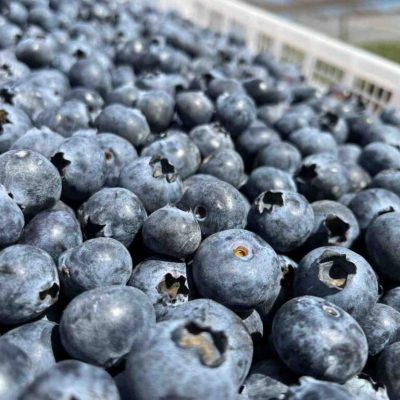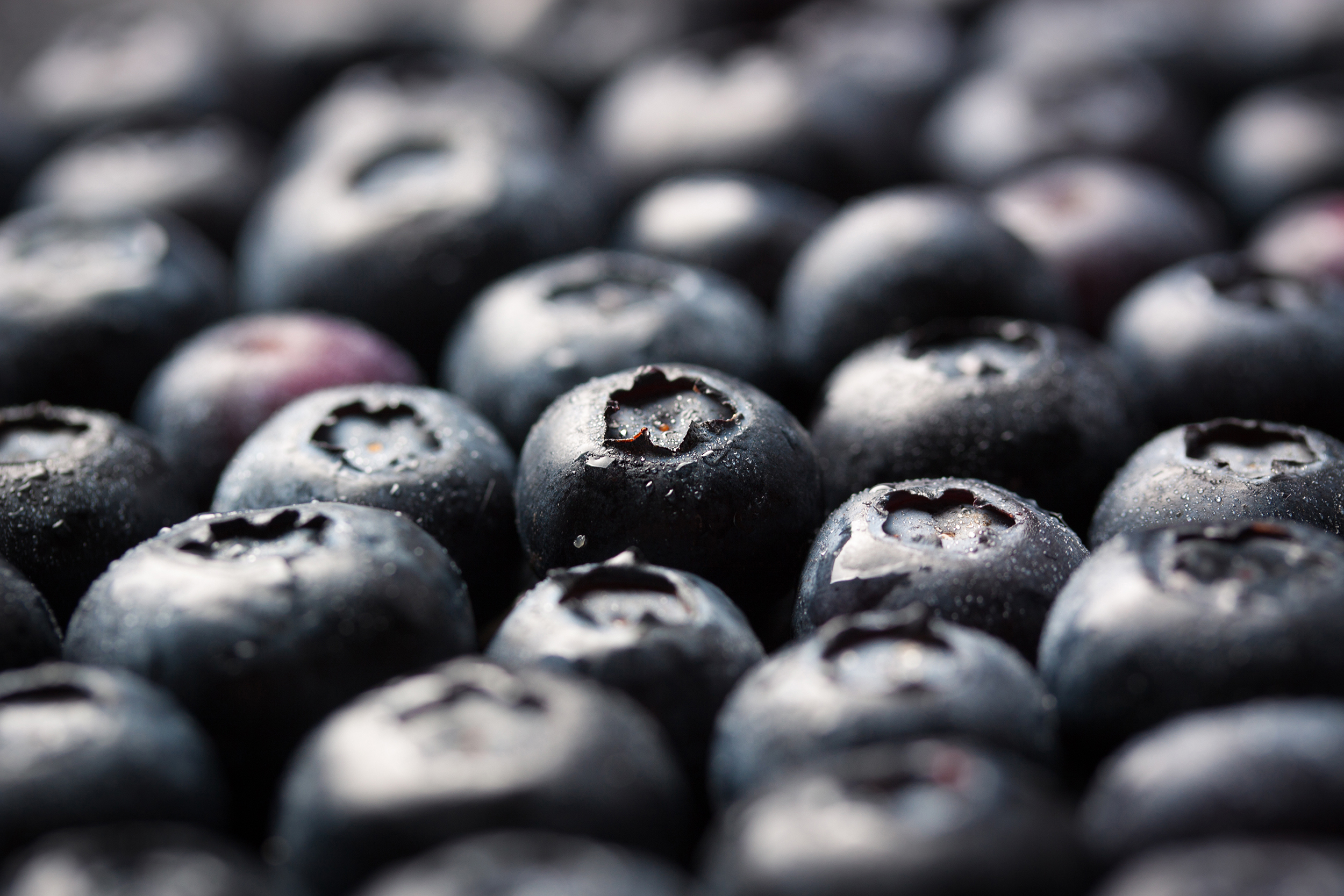Blueberries in packaged foods examined
 Blueberries are touted as a super health food. So it’s no wonder food companies are heavily promoting the fruit all over their packaging. That healthy reputation doesn’t always carry over. Consumer Reports finds just because it’s blue on the outside doesn’t necessarily mean it’s blue on the inside.
Blueberries are touted as a super health food. So it’s no wonder food companies are heavily promoting the fruit all over their packaging. That healthy reputation doesn’t always carry over. Consumer Reports finds just because it’s blue on the outside doesn’t necessarily mean it’s blue on the inside.
Fresh blueberries stacked in the produce aisle look luscious and many shoppers are aware of their healthy reputation.
Dr. Orly Avitzur, Consumer Reports medical adviser, says there is science to back up the claims.
Related Content
LINK: Consumer Reports
“Studies suggest that eating berries, including blueberries, is associated with a reduction in blood pressure. Not only that, but it may help stop the growth of cancer cells and stave off memory loss,” said Avitzur.
But if you think you’re getting those benefits in packaged foods, think again.
“We found products that look like they’re loaded with blueberries that are anything but,” said a Consumer Reports tester.
For instance – the blueberry pancake mix from Krusteaz has no blueberries or fruit of any kind in a long list of ingredients.
“Keep an eye out for disclaimers like ‘artificially flavored’ and ‘imitation blueberries,’ which in this case are made of palm oil, cellulose gum, and several dyes. It’s very important to check the list of ingredients,” said a Consumer Reports tester.
And Kellogg’s Blueberry Muffin Frosted Mini-Wheats? Blue on the outside, but the only blue thing in the cereal is a dye – Blue 2 Lake.
A Kellogg’s company spokesperson says, “the term ‘blueberry muffin’ is used to describe the flavor and the product is labeled in compliance with laws and regulations.
“We found some products that prominently display blueberries have only blueberry juice in them, and that comes way down on the list of ingredients, behind sugar and corn syrup,” said a Consumer Reports tester.
And Ocean Spray’s blueberry craisins are not dried blueberries at all, but cranberries “infused” with blueberry juice.
As with most fruits and vegetables, Consumer Reports says it’s best to eat blueberries before they or their juice end up in packaged products.
As we head into winter and fresh fruit becomes harder to find, Consumer Reports says frozen berries can be a good substitute, as they retain most of their vitamins.
Consumer Reports is published by Consumers Union. Both Consumer Reports and Consumers Union are not-for-profit organizations that accept no advertising. Neither has any commercial relationship with any advertiser or sponsor on this site.






